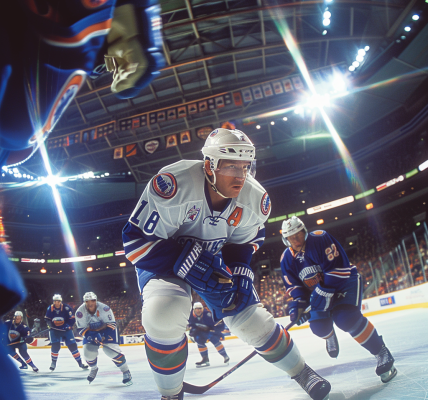A recent survey has revealed that TikTok has become a significant source of health information for a large portion of Generation Z individuals. The survey, conducted by the personal trainer app Zing Coach, found that 56% of Gen Z users turn to TikTok for advice on health and wellness, with one-third considering it their primary source of health knowledge.
This trend highlights the growing influence of social media platforms, such as TikTok, in shaping the health behaviors and decisions of young adults. While the accessibility and ease of information dissemination on these platforms can be beneficial, there is also a darker side to this phenomenon.
According to the survey, 1 in 11 Americans reported experiencing health issues after following advice from TikTok. This underscores the potential dangers of misinformation and unverified claims that circulate on social media platforms.
Concerns have been raised about the accountability of platforms and influencers in ensuring the accuracy and reliability of health-related content shared online. The prevalence of misleading information poses a significant risk to public health, as individuals may make decisions based on false or incomplete information.
One individual who has taken a proactive approach to combating health misinformation on social media is Katrine Wallace, an epidemiologist and assistant professor. Wallace, who initially started sharing health updates with a small audience, now has a substantial following on TikTok and Instagram, where she provides evidence-based information and debunks myths.
Wallace emphasizes the importance of directing individuals to reputable sources, such as the CDC, to counteract the spread of false information. Her efforts serve as a reminder of the critical role that healthcare professionals and experts play in promoting accurate health information.
As the digital landscape continues to evolve, it is essential for users to exercise caution and critical thinking when consuming health-related content online. While platforms like TikTok can offer valuable insights and tips, users must verify information from credible sources to protect their health and well-being.
Ultimately, the survey findings underscore the need for greater awareness and accountability in the digital health space to safeguard individuals from the potential harms of misinformation.





